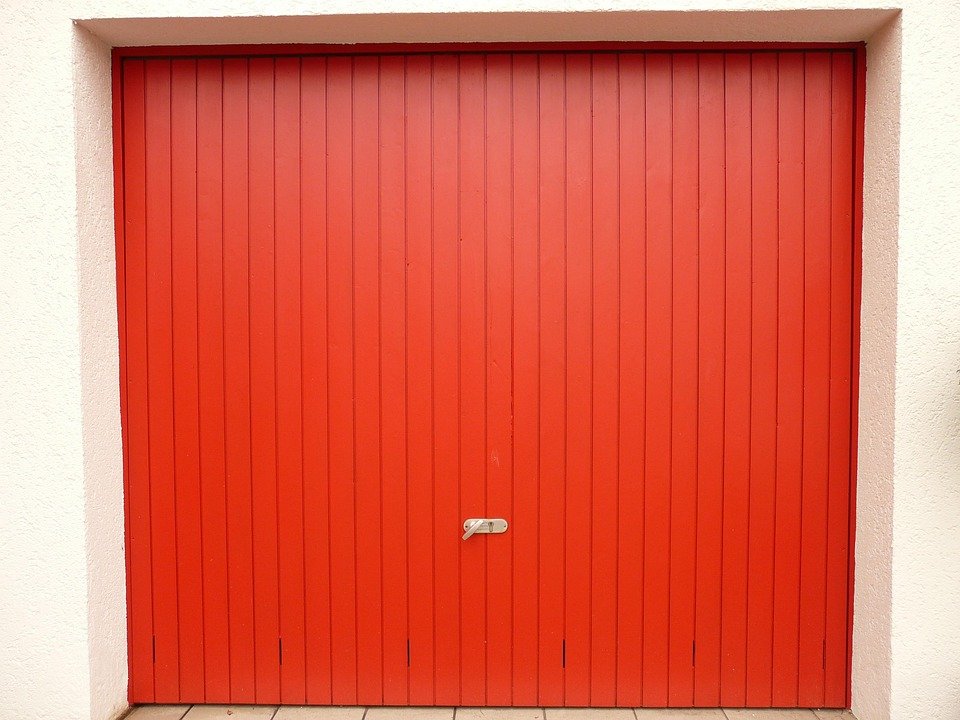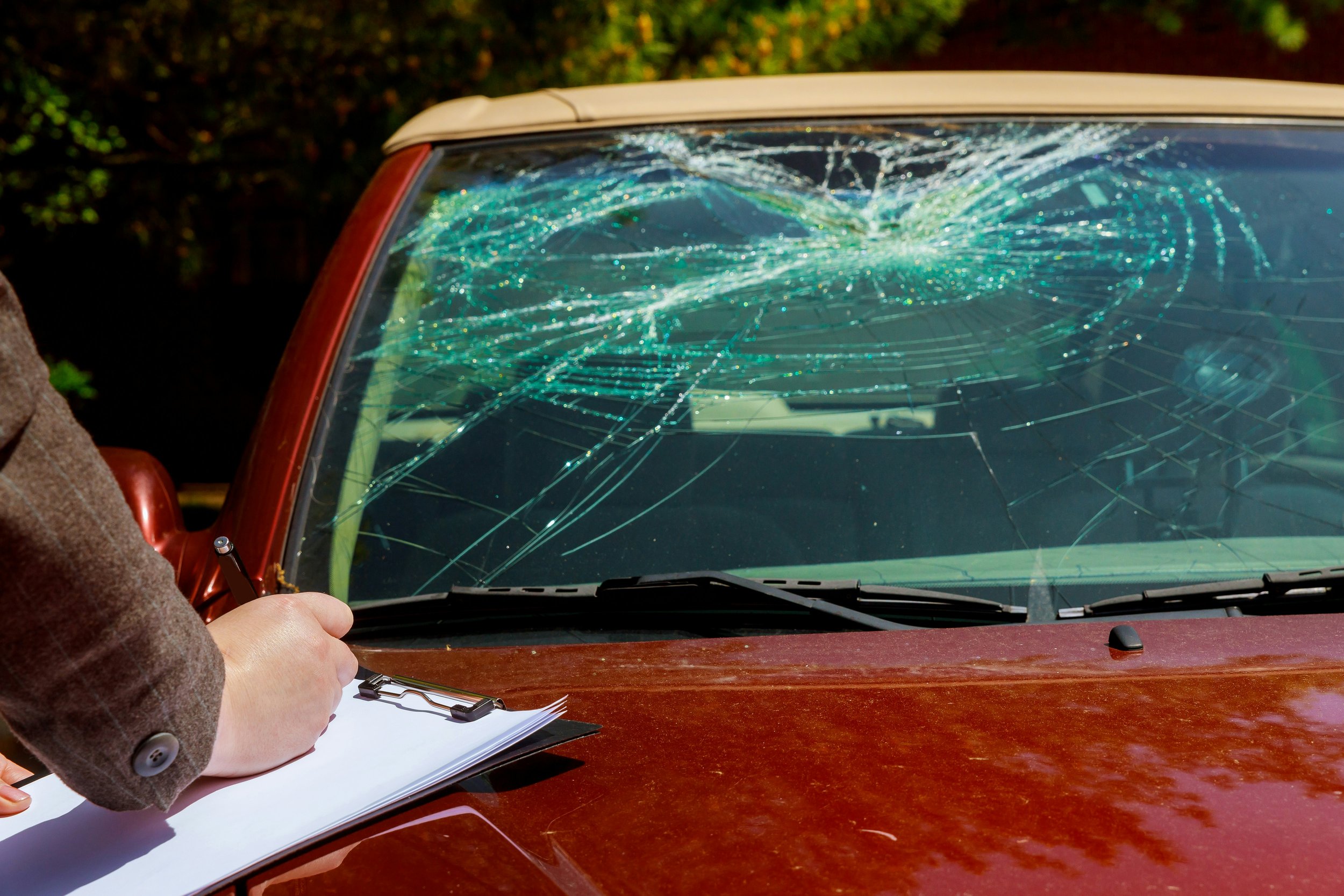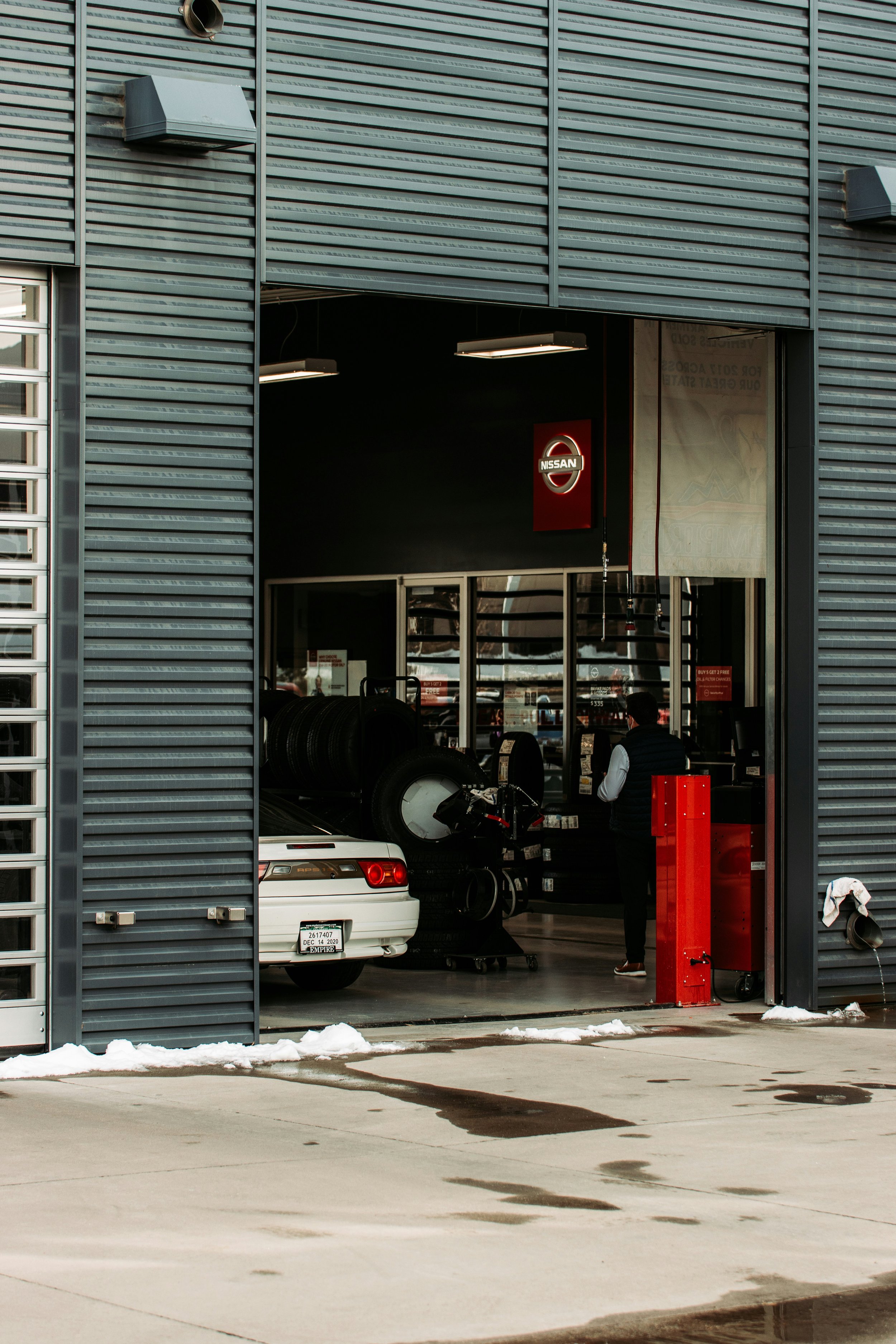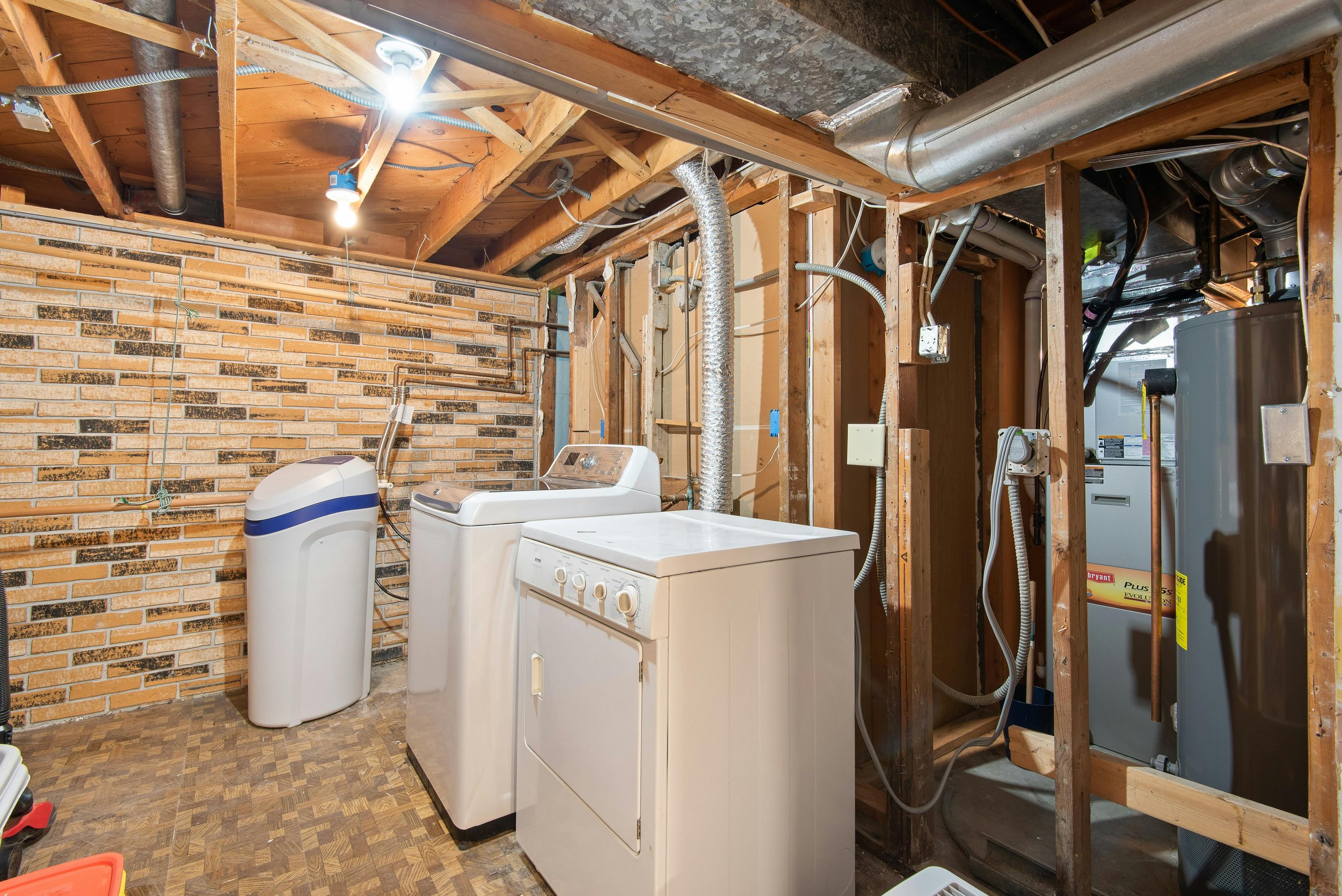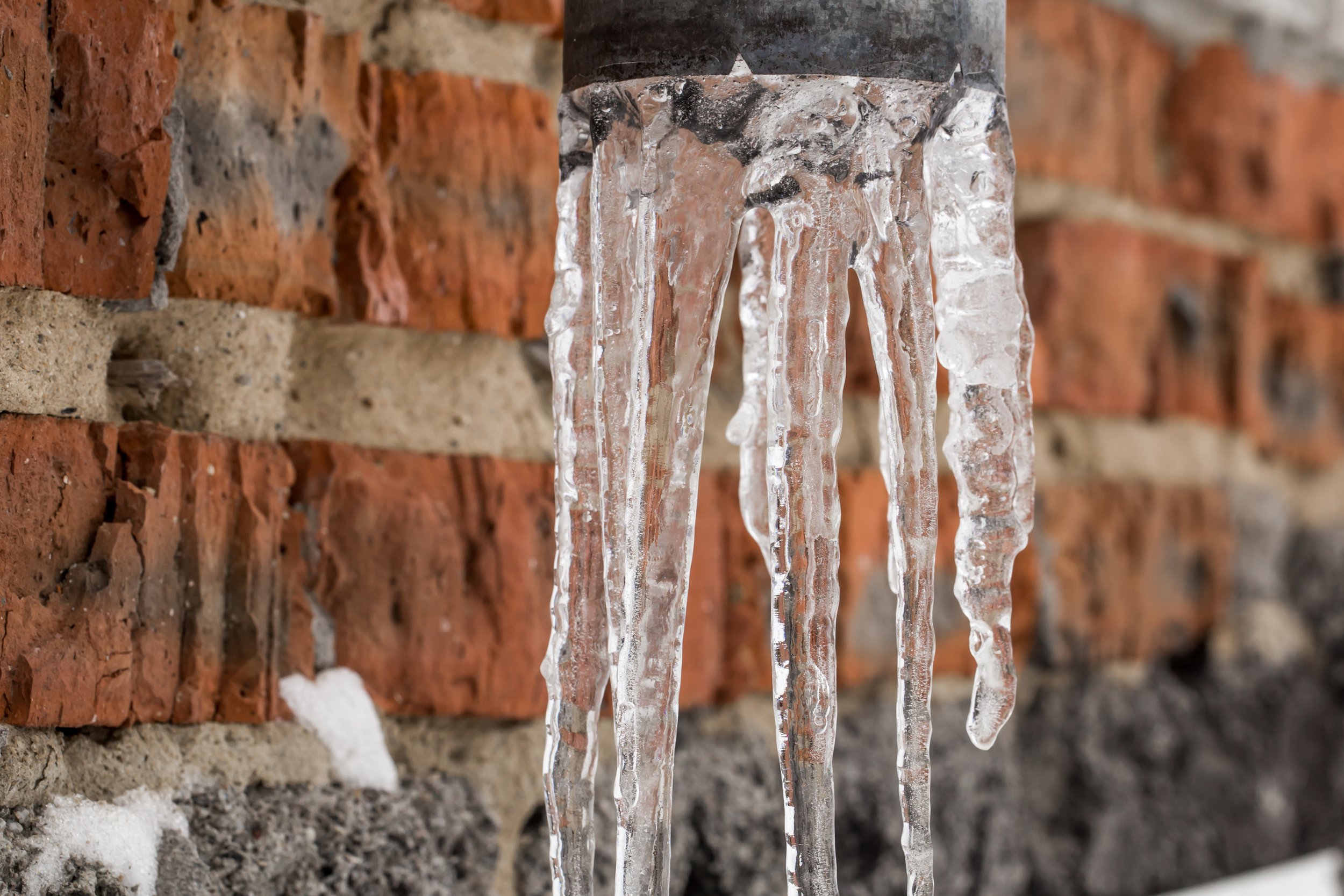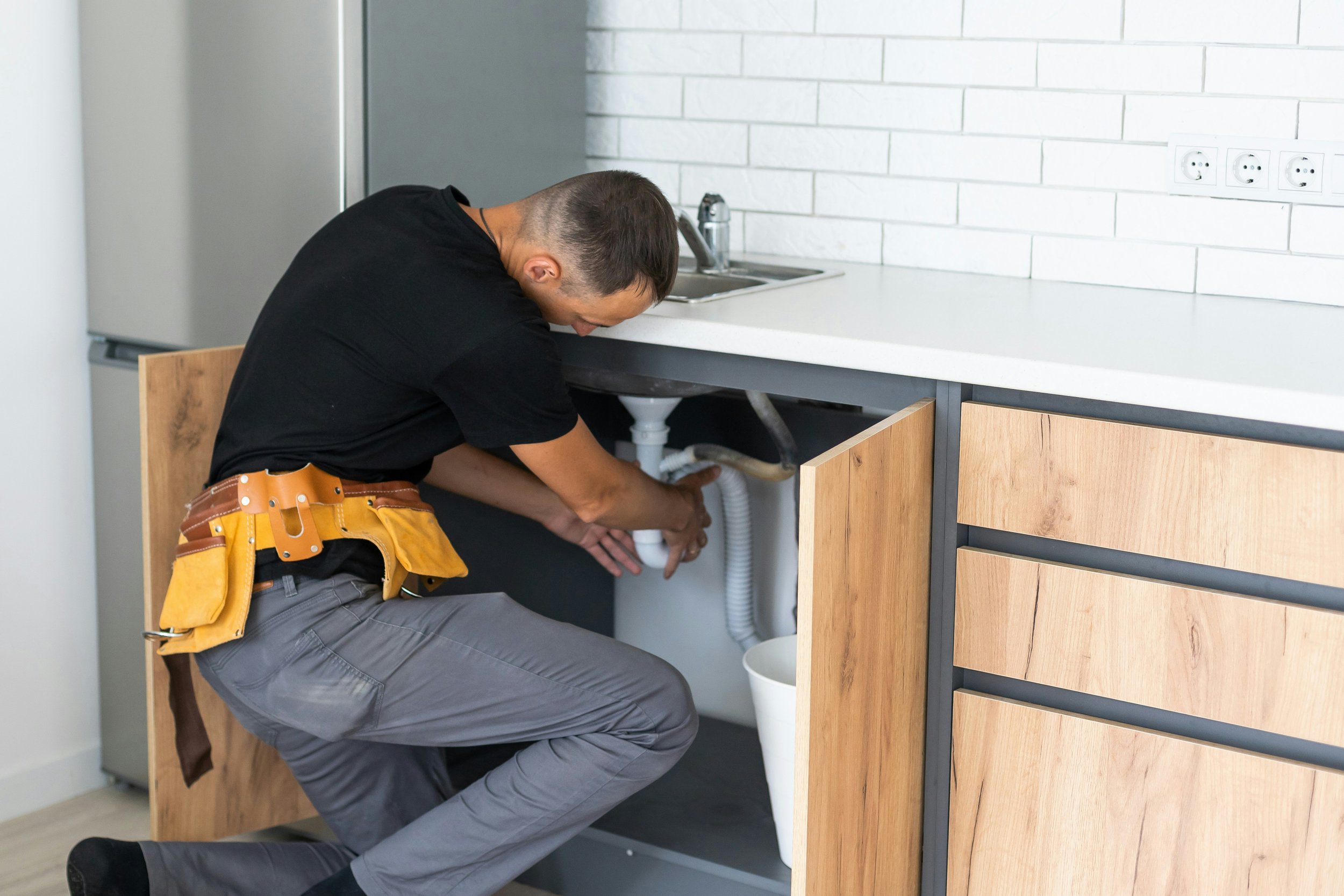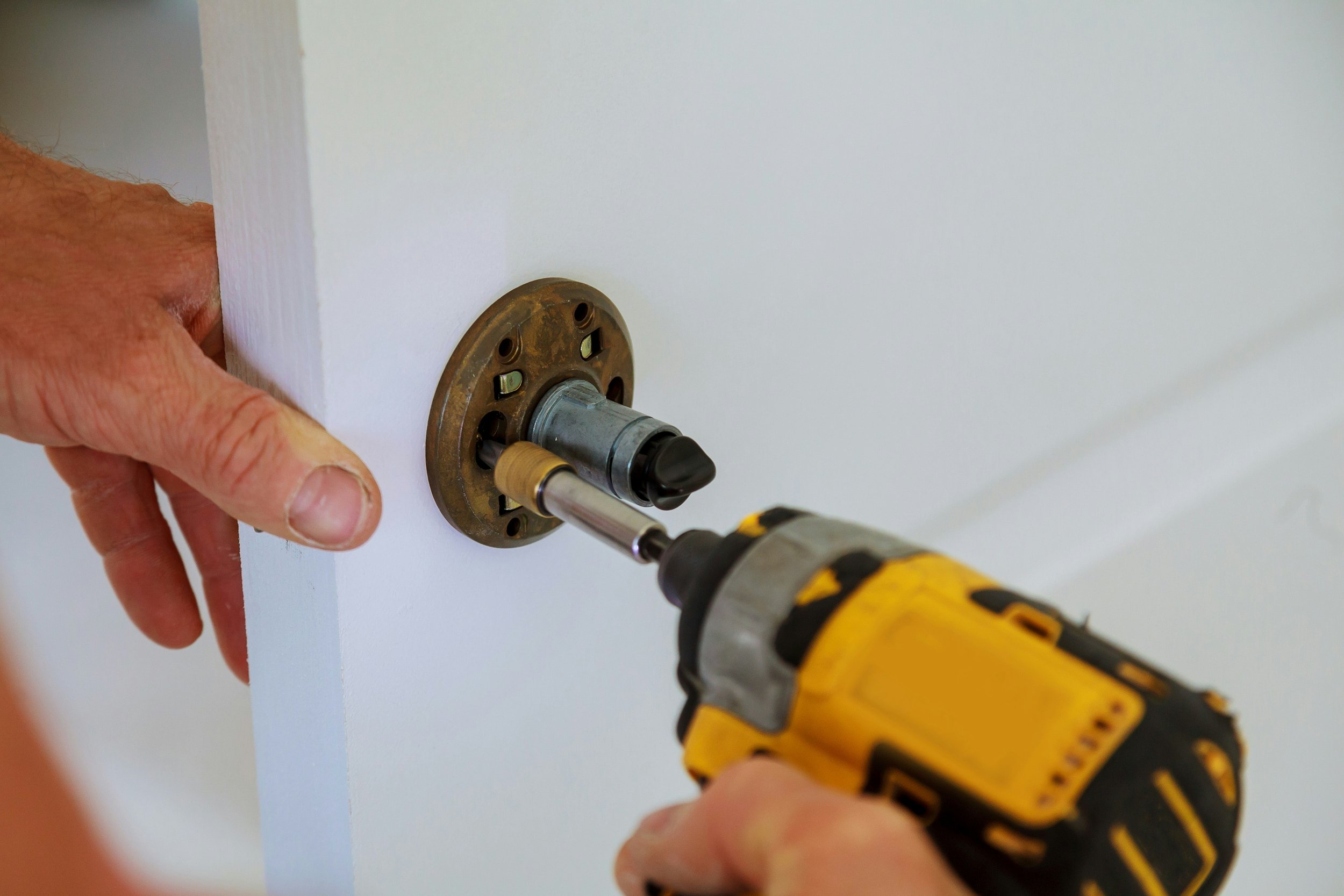How to Safely Dispose of Old Appliances
Got outdated or broken appliances? Learn how to safely dispose of old appliances with these eco-friendly, responsible methods. Reduce waste and make a positive impact on the environment!
We’ve all been there—your trusty old refrigerator finally gives out, or maybe it’s that washing machine that’s seen better days. Whatever the appliance, when it’s time to part ways, you might find yourself wondering, “What do I do with this thing now?” Tossing it to the curb might be tempting, but hold on—there’s a better way! How to safely dispose of old appliances isn’t just about getting them out of your house. It’s about doing it responsibly, ensuring that harmful materials don’t end up in a landfill and, where possible, giving appliances a second life through recycling or donation. In this guide, we’ll walk you through the safest and most efficient ways to dispose of your old appliances so you can free up space without harming the environment.
Why Safe Appliance Disposal Matters
Before diving into how to safely dispose of old appliances, let’s talk about why it’s so important to handle these bulky items with care.
Environmental Impact: Many appliances contain hazardous materials like refrigerants, oils, and heavy metals. If not disposed of properly, these chemicals can leak into the ground or water, posing serious environmental risks.
Energy Efficiency: Newer appliances tend to be far more energy-efficient than older models. By safely getting rid of outdated appliances, you help reduce energy consumption.
Recycling Benefits: Appliances are packed with recyclable materials, such as steel, copper, and glass. Recycling these components helps reduce the need for new raw materials and lowers carbon emissions.
Legal Requirements: In some areas, improper disposal of appliances can result in fines or other penalties. Understanding the correct disposal methods ensures you’re in compliance with local laws.
How to Safely Dispose of Old Appliances: Step-by-Step
Now that we understand the “why,” let’s dive into the “how.” Below are some practical ways to dispose of old appliances safely and responsibly.
1. Sell or Donate Appliances in Working Condition
If your old appliance is still working, selling or donating it is a great way to give it a second life.
Sell It Online: Platforms like Facebook Marketplace, Craigslist, or OfferUp are great places to sell working appliances locally. You’d be surprised how many people are looking for a good deal on used equipment.
Donate to Charities: Many charities and non-profit organizations accept gently used appliances. Consider donating to places like Goodwill, Habitat for Humanity, or local shelters. Not only will you be helping others, but you may also qualify for a tax deduction.
Getting rid of old appliances doesn’t have to be a hassle—there are several ways to do it while benefiting others and even making some extra cash. If your appliance is still in working condition, selling it online through platforms like Facebook Marketplace, Craigslist, or OfferUp is a great option. Many people are on the lookout for affordable, used appliances, and you’d be surprised how quickly they can sell. Alternatively, donating to charities like Goodwill, Habitat for Humanity, or local shelters is a thoughtful way to give back. Plus, donations may qualify you for a tax deduction, making it a win-win situation.
2. Recycle Old Appliances
Appliance recycling is one of the most eco-friendly ways to get rid of broken or outdated equipment. Many appliances contain valuable materials that can be reused.
Check Local Recycling Programs: Some cities offer free or low-cost recycling programs for large appliances. You can drop them off at a local recycling center or schedule a curbside pickup.
Use a Scrap Metal Recycler: Appliances contain a lot of metal that can be recycled. Scrap yards will often accept old refrigerators, washing machines, and other appliances and may even pay you for the scrap metal value.
Retailer Recycling Programs: Big-box stores like Best Buy and Home Depot offer recycling programs. If you’re purchasing a new appliance, many retailers will haul away your old one for recycling.
Getting rid of old appliances in an eco-friendly way is easier than you might think. Many cities offer free or low-cost recycling programs where you can drop off large appliances at a local center or schedule curbside pickup. Another great option is using a scrap metal recycler since many appliances contain valuable metals that can be reused—some scrap yards may even pay you for the metal. If you’re purchasing a new appliance, check with retailers like Best Buy or Home Depot, as they often provide recycling programs and will haul away your old equipment when delivering your new one.
3. Schedule Bulk Pickup Services
For large appliances that aren’t easy to transport, bulk pickup services can be a lifesaver. Many municipalities offer special bulk trash pickup days where you can leave appliances at the curb for collection.
Contact Your City’s Waste Management Service: Check with your local waste management department to see if they offer bulk pickup for appliances.
Coordinate Pickup with Appliance Delivery: If you’re buying a new appliance, ask the delivery service if they offer removal of the old one. Many companies provide this as a complimentary service.
Disposing of old appliances can be hassle-free if you take advantage of available services. Start by contacting your city’s waste management department to check if they offer bulk pickup for large items like appliances. Many municipalities provide scheduled pickups for bulky waste, making it easy to clear out old equipment. Another convenient option is to coordinate appliance removal with the delivery of a new one. Many retailers offer complimentary removal services when they drop off your new appliance, saving you time and effort. These simple steps ensure your old appliances are taken care of without adding stress to your day.
4. Dispose of Hazardous Materials Properly
Certain appliances—like refrigerators, air conditioners, and dehumidifiers—contain refrigerants that need to be handled with care. Dumping these appliances without removing hazardous chemicals can result in environmental damage.
Hire a Certified Technician: Some appliances require the removal of refrigerants before recycling. Look for certified HVAC technicians who can safely extract these chemicals.
Drop Off at Specialized Facilities: Some recycling centers or hazardous waste facilities have the proper equipment to safely dispose of refrigerants and other harmful substances.
Proper disposal of appliances containing refrigerants requires careful handling to protect the environment. Certain appliances, like refrigerators and air conditioners, need refrigerants removed before recycling, as these chemicals can be harmful if released. Hiring a certified HVAC technician ensures that refrigerants are safely extracted following environmental guidelines. Additionally, some recycling centers or hazardous waste facilities are equipped to handle these materials properly. Dropping off your appliance at a specialized facility guarantees it will be processed in an eco-friendly way. Taking these steps helps you dispose of old appliances responsibly while minimizing environmental impact.
5. Trade-In Programs and Rebates
Did you know some manufacturers and retailers offer trade-in programs for old appliances? These programs not only help you safely dispose of appliances but also provide rebates or discounts on new purchases.
Check with Appliance Stores: Many stores offer trade-in promotions where they’ll take your old appliance and give you a discount on a new one.
Utility Company Rebates: Some utility companies provide rebates for upgrading to energy-efficient appliances. They may even offer free pickup of your old equipment as part of the program.
Getting rid of old appliances can be rewarding if you explore trade-in programs and utility company rebates. Many appliance stores offer trade-in promotions, allowing you to exchange your old appliance for a discount on a new, more efficient model. This not only saves you money but also takes the hassle out of disposal. Additionally, some utility companies provide rebates for upgrading to energy-efficient appliances, helping you cut costs on both the purchase and your energy bills. As part of these programs, many utilities also offer free pickup of old equipment, making it a convenient and eco-friendly way to upgrade your home.
Common Mistakes to Avoid When Disposing of Appliances
While learning how to safely dispose of old appliances, it’s important to steer clear of common mistakes that can lead to fines or environmental harm.
Dumping Appliances Illegally: Leaving old appliances on the side of the road or in unauthorized locations is illegal and can result in hefty fines.
Throwing Refrigerators in Landfills: Refrigerators and air conditioners contain harmful refrigerants that need to be properly extracted before disposal. Avoid dumping them in regular landfills.
Ignoring Local Disposal Regulations: Every area has its own rules and guidelines for appliance disposal. Make sure you’re following your city’s regulations to avoid penalties.
Disposing of old appliances improperly can lead to serious legal and environmental consequences. Dumping appliances illegally—such as leaving them on the side of the road or in unauthorized locations—can result in hefty fines. Additionally, throwing refrigerators or air conditioners into landfills is dangerous, as these appliances contain harmful refrigerants that must be safely extracted before disposal. Ignoring local disposal regulations can not only harm the environment but also land you in trouble with hefty penalties. It’s essential to follow your city’s guidelines for appliance disposal to ensure a safe, legal, and eco-friendly process while avoiding unnecessary fines or legal issues.
Conclusion
When it’s time to say goodbye to that old appliance, knowing how to safely dispose of old appliances can make all the difference. Whether you opt to donate, recycle, or take advantage of a bulk pickup service, the key is to dispose of these items responsibly. Proper disposal not only helps keep harmful chemicals out of the environment but also ensures that valuable materials are reused rather than wasted. Plus, with so many options available—from retailer recycling programs to charitable donations—it’s easier than ever to do the right thing.
So, the next time you find yourself staring at a broken fridge or outdated washing machine, remember this guide. You’ve got the tools and tips to safely dispose of old appliances—and now you can do it with confidence!
Frequently Asked Questions
1. Can I just throw old appliances in the trash?
No, most appliances are too large for regular trash pickup, and many contain hazardous materials. Always check with your local waste management service for proper disposal options.
2. Do all appliances need special handling?
Not all appliances require special handling, but those containing refrigerants—like fridges, air conditioners, and dehumidifiers—need to be disposed of properly to prevent environmental damage.
3. Can I recycle small appliances like toasters and microwaves?
Yes, small appliances like toasters, microwaves, and coffee makers can often be recycled at electronic waste recycling centers or scrap yards.
4. Will appliance stores take my old equipment when I buy new ones?
Many retailers offer haul-away services when delivering new appliances. Be sure to ask about this option when making a purchase.
5. How can I make sure my appliance disposal is environmentally friendly?
The best way to ensure eco-friendly disposal is to recycle the appliance or donate it if it’s still functional. Always follow local regulations for hazardous materials like refrigerants.





